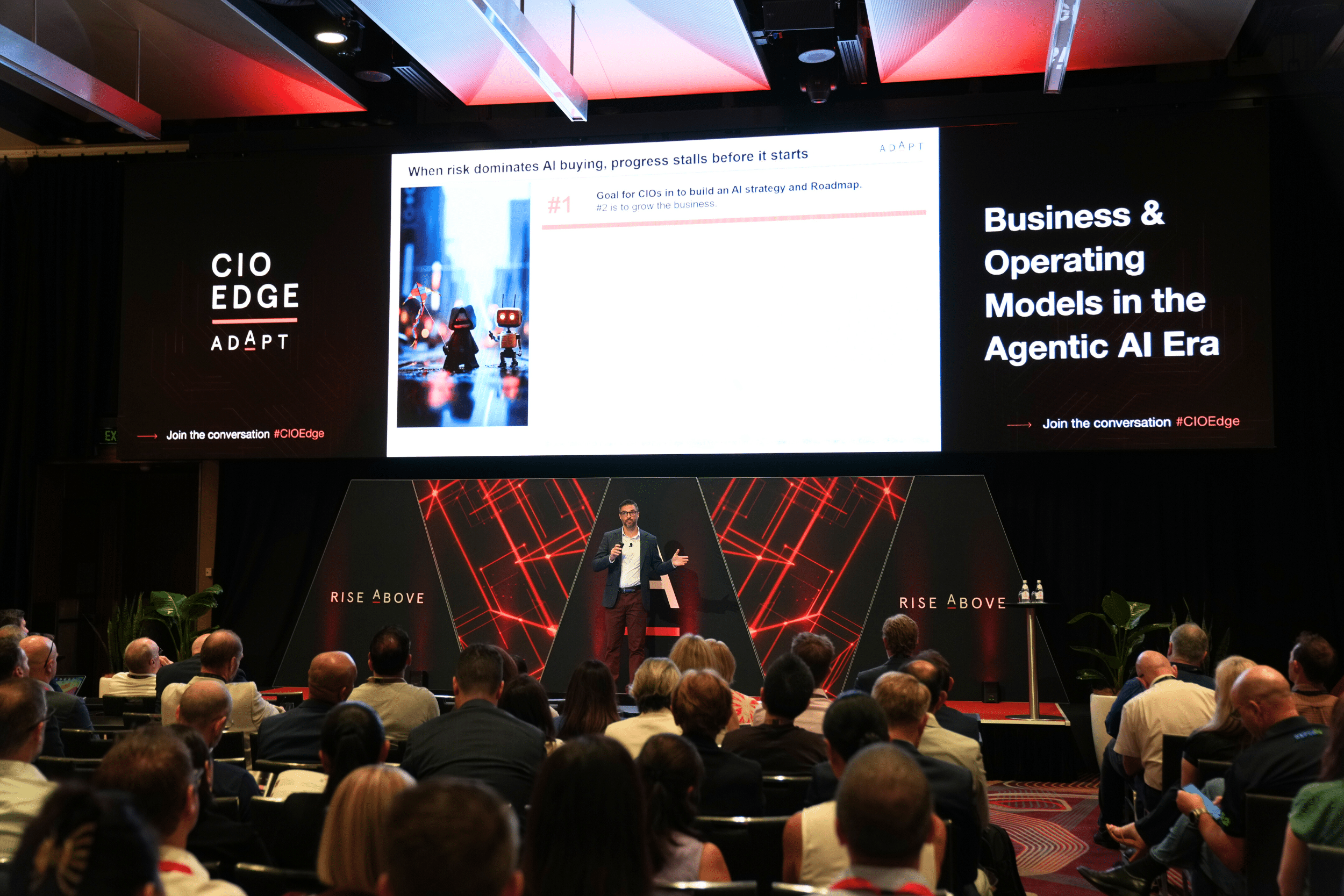Michelle Dennedy, Chief Data Strategy Officer at Abaxx Technologies, presents a framework to enhance data strategies by focusing on people, processes, and technology at Digital Edge.
She outlines nine steps to improve organisational data frameworks and shares a real-world example where a strategic overhaul of data management saved a company $8 billion.
Michelle highlights the importance of embedding privacy within digital and product efforts and leveraging data as a valuable asset.
She stresses that solving complex data challenges, which she refers to as “wicked problems,” requires a multidisciplinary approach that aligns with business objectives and ethical standards.
Organisations can improve data quality by re-evaluating how they collect and use data across departments.
By addressing a Chief Marketing Officer’s issue with email click-through rates, her team discovered that poor data management across multiple functions was causing operational inefficiencies.
Enhancing data accuracy and quality not only strengthened customer relationships but also generated significant financial returns.
Michelle advises organisations to begin with a clear framework, such as ISO or NIST standards, and to cultivate a data-driven culture prioritising privacy and ethical decision-making.
Data defence is an ongoing challenge. As companies evolve, they must continually address data protection issues.
Michelle describes data defenders as “librarians” responsible for managing data across boundaries while balancing privacy, security, and business needs.
By understanding the perspectives of various teams—security focusing on threats, privacy on data justification, and marketing on reach—data defenders can create aligned strategies.
She also talks about the importance of measuring all data-related efforts, using metrics to guide decisions, improve efficiency, and build trust with stakeholders.
Practical examples include reducing deal time and reclaiming significant revenue by enhancing data transparency and training.
Organisations should proactively address unstructured legacy data with modern tools and tagging techniques to manage privacy concerns and maximise data asset value.
Key Takeaways:
- Continuous Data Protection and Management: Data protection requires ongoing adaptation to evolving business, customer, and regulatory landscapes, especially with both structured and unstructured legacy data.
- Leverage AI and Tools for Data Insights: Modern AI tools, such as transformers and large language models (LLMs), enable organisations to process unstructured data, pseudonymise sensitive information, and improve data transparency for better decision-making and privacy compliance.
- Measure and Optimise Data’s Business Impact: Tracking data metrics—from compliance to privacy-related sales insights—allows businesses to streamline operations, reduce lead times, unlock new revenue streams, and demonstrate data’s value to stakeholders.





























